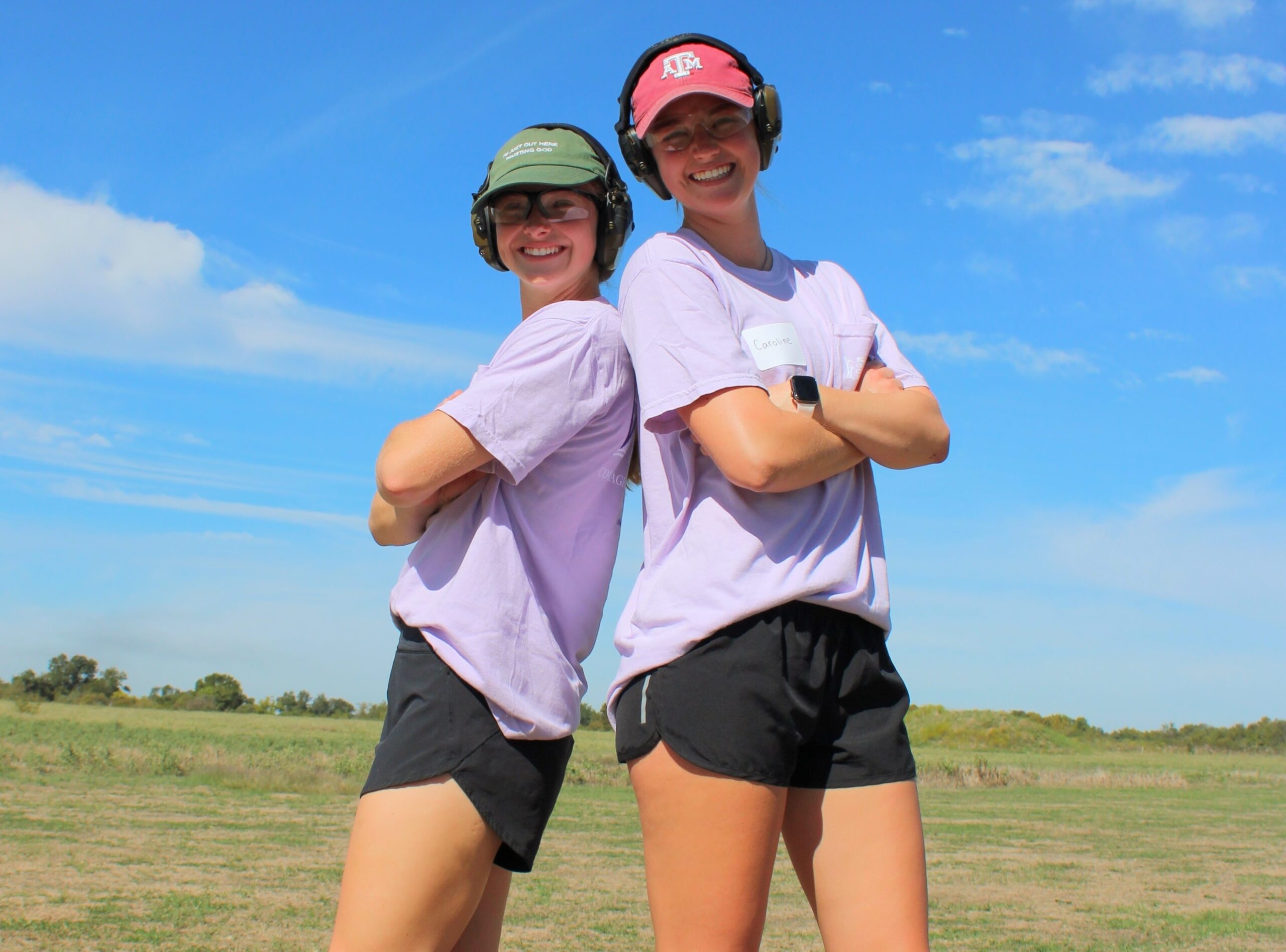Preparing & Promoting Conservative Women Leaders
The Luce Center specializes in the conservative outreach, education, and mentorship of young women for the purpose of forming strong, conservative leaders. Join us in helping today’s young women flourish in all areas of their lives while strengthening their families, communities, and country.
Get Involved
Whether you're a student, parent, or lifelong conservative, getting involved connects you with like-minded leaders, exclusive opportunities, and a mission that strengthens America's future.

Internships
Young women receive one-on-one mentorship, special access to events, and training in public speaking, journalism, etiquette, and more, all while creating lasting memories and friendships with likeminded peers.

National Student Summits
Twice a year, young women gather in Washington, DC and one other location–this year, Scottsdale, Arizona!–to hear from inspiring speakers and help each other become confident, courageous conservative leaders.

Campus Speakers
By partnering with the Luce Center to host a campus speaker, college women gain invaluable leadership experience while exposing their peers to conservative ideas rarely taught in the classroom.

Firearms Training
College women receive expert training in firearms safety and marksmanship at ranges near campuses nationwide.
Conservative Network Events
Conservatives gather at the Luce Center to hear from accomplished speakers discussing important cultural and public policy topics, providing much-needed opportunities for education, support, and friendship. C-SPAN regularly broadcasts these events to millions of viewers nationally.

Membership
Men and women of all ages receive exclusive benefits, including invitations to special events and insider access to a vibrant community rooted in shared values.
Events
Join us for our exciting upcoming events!
Connect With Us
You're a click away from exclusive content, real-time updates, and exciting opportunities to get involved.
























Inspire. Lead. Stay Connected.
Get inspiring stories, leadership insights, and exclusive updates delivered to your inbox as we prepare and promote the next generation of conservative women leaders.





